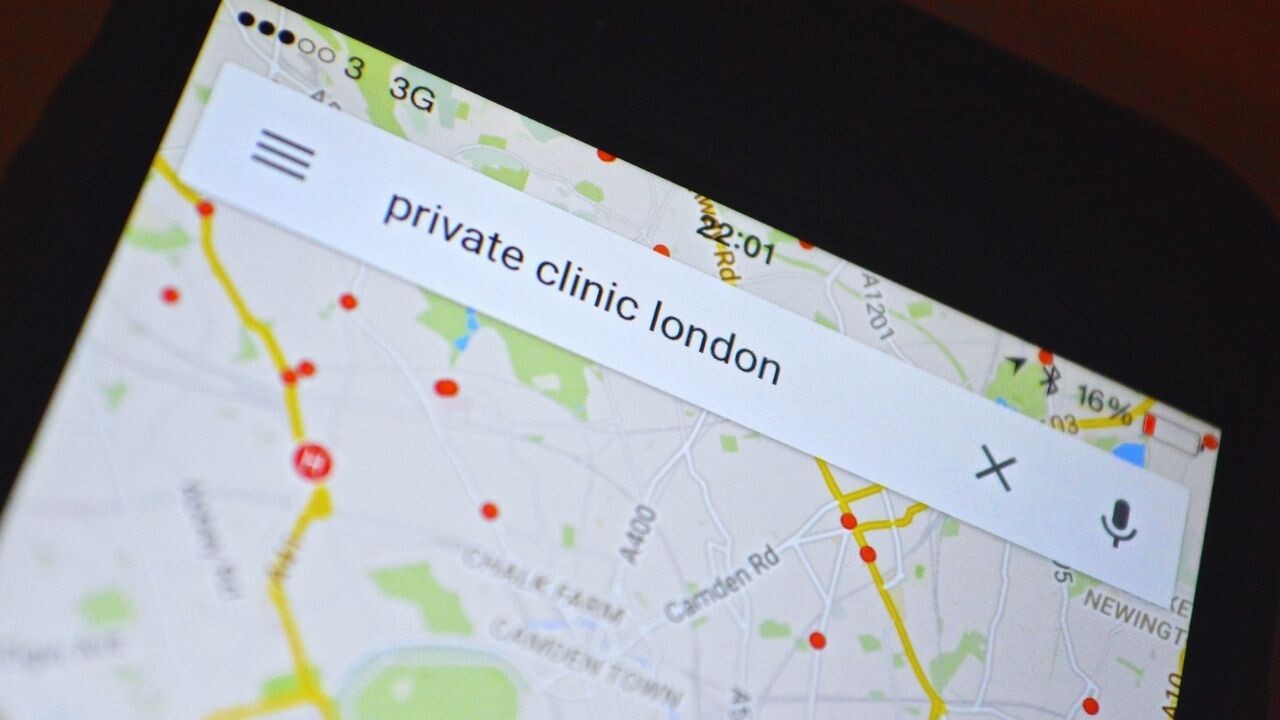In the wake of the overturning of Roe v. Wade, safeguarding our online privacy is more crucial than ever.
A woman’s search history, location data, and app information can easily be used by authorities to find out if she’s pregnant, considering, or going through with an abortion.
While big tech companies have been alarmingly silent over potential actions to mitigate these concerns, Google is taking a step to protect its users.
On Friday, the company announced it’ll automatically erase visits to abortion clinics, domestic violence shelters, weight loss clinics, and other potentially sensitive locations from users’ location history in the coming weeks.
Google’s post also mentions an important update for Fitbit:
Fitbit users who have chosen to track their menstrual cycles in the app can currently delete menstruation logs one at a time, and we will be rolling out updates that let users delete multiple logs at once.
Thank you, Google?
While the update is undoubtedly a significant step in the right direction, it’s by no means bulletproof — and Google isn’t really going above and beyond to protect its users.
First off, the tech behemoth is quiet on how it’ll identify these sensitive visits, or if it will permanently delete all related data from its servers.
It also won’t wipe search or YouTube history, which could be damning for women when abortions become a criminal act.
Plus, Google’s post didn’t really say how it will respond to potential requests from law enforcement. It said that it’ll “continue to oppose demands that are overly broad or otherwise legally objectionable,” which leaves a chunk of wiggle room.
On top of that, it doesn’t guarantee that it’ll notify users if their data is sought after by the authorities:
We notify people when we comply with government demands, unless we’re prohibited from doing so or lives are at stake
What you can do
Instead of relying on Google’s — or any other company’s — protection, it’s better to take matters into your own hands.
- Use digital tools with encryption, and consider buying a VPN. You can find a useful guide here.
- Make sure to manually delete your location and search history — even in Incognito Mode, or similar.
- Avoid using apps with related sensitive data, such as your menstrual cycle.
- Don’t share information about your pregnancy on social media.
- Keep in mind that your phone can be tracked, so refrain from taking it with you if you visit abortion or reproduction health clinics.
Get the TNW newsletter
Get the most important tech news in your inbox each week.






